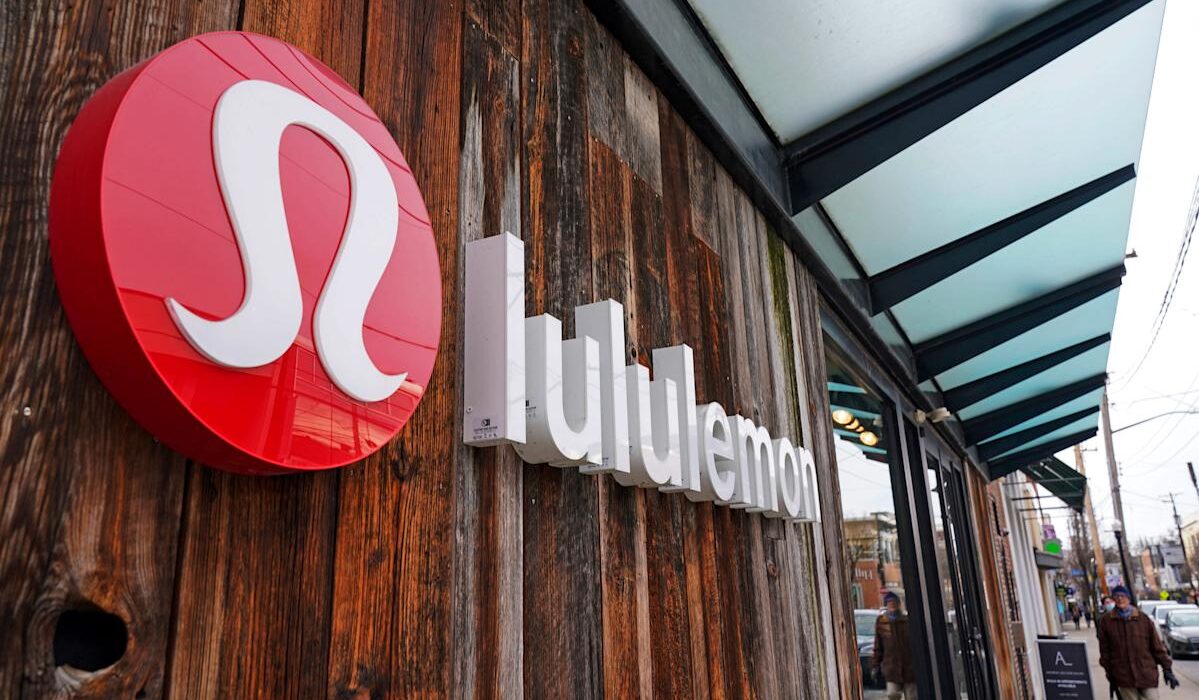This is The Takeaway from today’s Morning Brief, which you can sign up to receive in your inbox every morning along with:
The happiest season is almost here. And that means the calendar will be exerting a quiet but important force on the stock market in two potentially meaningful ways: tax loss harvesting and year-end catching up.
Resilient and monumental gains have enriched shareholders so far this year, powered by an AI trade that won’t quit, and whose vocal backers say is only just beginning. But for those investors who have or plan to take profits, or institutions and mutual funds tidying up their portfolios, this is the time of year to think about saying goodbye to losing positions and offset tax liabilities.
The Palantirs (PLTR) and Robinhoods (HOOD) of the world have warranted the most attention, posting double and triple year-to-date stock gains. But the biggest losers of the S&P 500 will soon draw the harsh spotlight as investors try to squeeze some sort of utility from disappointing bets.
As DataTrek co-founder Nicholas Colas pointed out this week, the benchmark index’s worst-performing stocks so far are a hodgepodge of names from the consumer, industrial, and services industries, including Lululemon (LULU), Dow (DOW), and Trade Desk (TTD).
For all the chatter about AI leading to the gutting of entire labor forces and industries, Colas noted that the names on the loser list aren’t tied directly to the rise of generative AI. While executives are banking on AI services to reshape corporate productivity and consumer behavior, the reasons those companies are struggling are more prosaic, he said, noting “execution issues, structural changes in customer demand, or cyclical forces.”
Some missed growth expectations as ad and consulting budgets shrank, while others faced slower demand for premium-priced products. In other words, there are still plenty of other reasons for a stock to sink, even at the dawn of the AI transition.
“So far, Gen AI appears to be a net positive for the S&P 500, helping the fundamentals of many more companies than it hurts,” Colas said.
It’s not the case (yet) that AI has impaired the performance of laggard names. But it might indirectly. The streak of big gains driven by technological advancement makes tax loss harvesting more likely and more punishing to the worst performers, regardless of any actual AI influence. The rough comps between AI highfliers and the stocks in the caboose holding up the lanterne rouge may widen further. That’s because tax loss selling in the weeks to come could intensify the downward pressure on those tickers and their unlucky peers.
This is The Takeaway from today’s Morning Brief, which you can sign up to receive in your inbox every morning along with:
The happiest season is almost here. And that means the calendar will be exerting a quiet but important force on the stock market in two potentially meaningful ways: tax loss harvesting and year-end catching up.
Resilient and monumental gains have enriched shareholders so far this year, powered by an AI trade that won’t quit, and whose vocal backers say is only just beginning. But for those investors who have or plan to take profits, or institutions and mutual funds tidying up their portfolios, this is the time of year to think about saying goodbye to losing positions and offset tax liabilities.
The Palantirs (PLTR) and Robinhoods (HOOD) of the world have warranted the most attention, posting double and triple year-to-date stock gains. But the biggest losers of the S&P 500 will soon draw the harsh spotlight as investors try to squeeze some sort of utility from disappointing bets.
As DataTrek co-founder Nicholas Colas pointed out this week, the benchmark index’s worst-performing stocks so far are a hodgepodge of names from the consumer, industrial, and services industries, including Lululemon (LULU), Dow (DOW), and Trade Desk (TTD).
For all the chatter about AI leading to the gutting of entire labor forces and industries, Colas noted that the names on the loser list aren’t tied directly to the rise of generative AI. While executives are banking on AI services to reshape corporate productivity and consumer behavior, the reasons those companies are struggling are more prosaic, he said, noting “execution issues, structural changes in customer demand, or cyclical forces.”
Some missed growth expectations as ad and consulting budgets shrank, while others faced slower demand for premium-priced products. In other words, there are still plenty of other reasons for a stock to sink, even at the dawn of the AI transition.
“So far, Gen AI appears to be a net positive for the S&P 500, helping the fundamentals of many more companies than it hurts,” Colas said.
It’s not the case (yet) that AI has impaired the performance of laggard names. But it might indirectly. The streak of big gains driven by technological advancement makes tax loss harvesting more likely and more punishing to the worst performers, regardless of any actual AI influence. The rough comps between AI highfliers and the stocks in the caboose holding up the lanterne rouge may widen further. That’s because tax loss selling in the weeks to come could intensify the downward pressure on those tickers and their unlucky peers.

